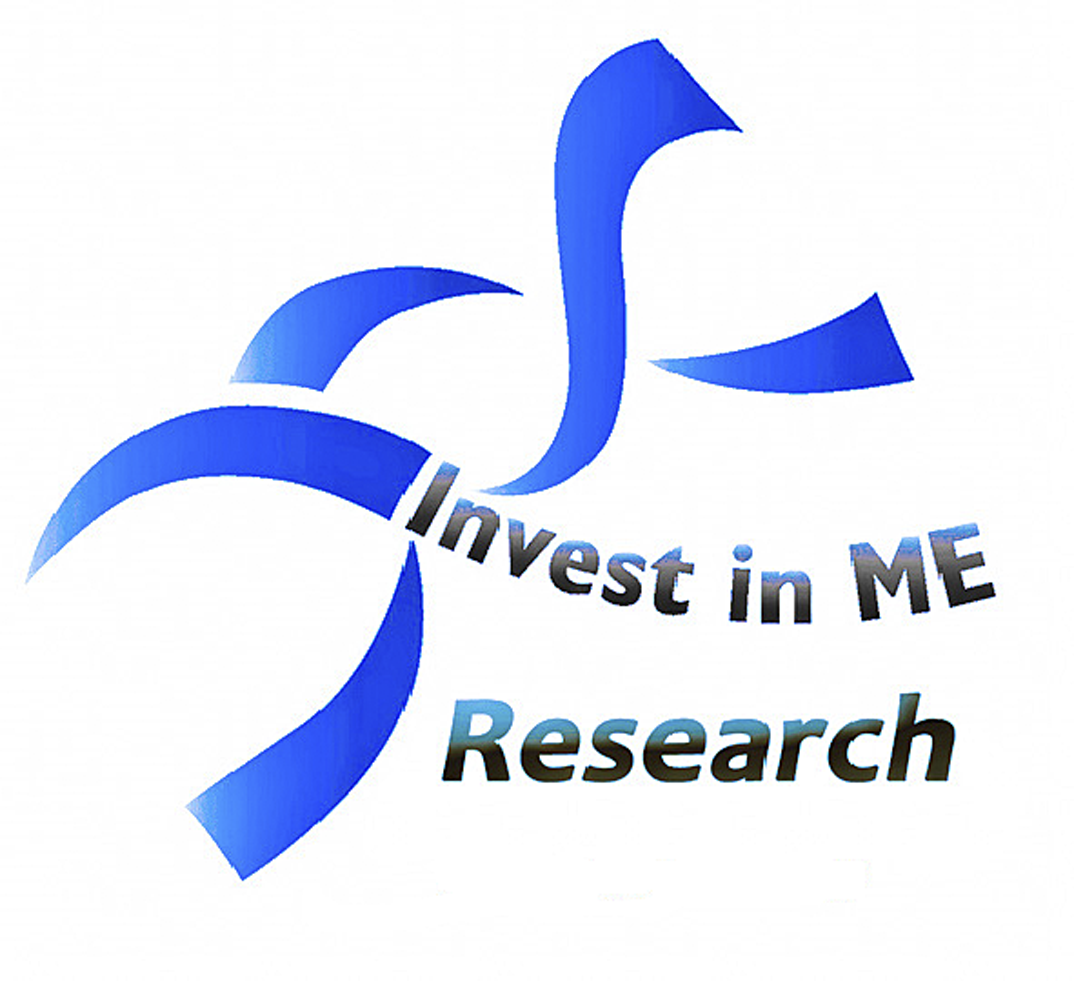A Continuing Saga of Ineptitude
Comment
After failing ME patients for so many years with their guidelines, and despite being taken to a judicial review (by patients), and despite the NICE guidelines director seeming to admit that the current guidelines were unfit for purpose, NICE were able to begin afresh and really concentrate on doing the right thing once the decision had been made to review the existing guidelines [1].
Yet with their insistence on retaining CBT and GET as recommendations for treatments for ME in the current guidelines whilst new guidelines are developed, which potentially will do damage to patients’ health, then one is left to wonder how genuine NICE really have been.
The correspondence between Invest in ME Research and NICE director Professor Mark Baker [2] should have sent alarm bells to all.
IiMER’s carefully crafted questions elicited responses from Director Baker which really showed the compromised position that NICE continues to retain.


The NICE workshops were held with a PR exercise to demonstrate that they listen to patients’ experiences -
and a cathartic release of relief was expressed by some establishment organisations/individuals claiming to represent patients - that now a new beginning was here.
And then the members of the NICE guidelines working group are announced.
And the penny drops!
If NICE is meant to be a political tool for saving money then it is never going to be of any value to people with ME – a realisation that
surely came forth from IiMER’s correspondence with NICE prior to the workshops.
In its choices of members for the NICE working group it seems evident that NICE is falling
into this trap and continuing to politicise the whole debate around guidelines for ME in the UK.
The farcical situation of retaining existing flawed and harmful guidelines – not from any decision but from influences hidden from view – is now turning into a shambles with members who have been selected for the working group being announced to the public in a drip-feed effect, whilst those who have not been selected are also publicised in similar way.
This shambles of a selection process is allowed to produce more anxiety for patients who see a Biopsychosocial (BPS)-dominated working group forming and demonstrates chaos in the selection process.
It does not augur well for the future.
What should have happened is for NICE to have carried out an independently verified selection process with the working group announced in full, at one point in time and with one statement.
But it was not to be.
NICE seem to have cynically allowed this drip-feed effect to take place to even out the adverse publicity,
gauge patient response whilst still possibly fulfilling their less than transparent agenda.
This is negligent and irresponsible and demonstrates a failure of leadership and process.
The way that the NICE working group has been set up seems already to have tried (to some extent) to create a balance between BPS doctrine
and patient requests.
That is also a negligent strategy.
It is astonishing that the ME/CFS NICE guideline discussion continues to revolve around two opposing viewpoints despite NICE, the Department of Health and the UK government all officially accepting ME as a neurological illness as classified by the WHO.
That should be a starting point for all accepted into the working group as well.
We have already stated that people with ME do not need a “balance” – they need proper science, proper investigations and educational offerings based on real data, and not on businesses or careers or DWP coercion.
The logical way ahead for NICE may well have been to have included people who were unbiased and scientific and possessed no vested
interests in ME – from either side.
Now, at the time of writing, with three unfilled places, the working group is forming with more contention ahead rather than genuine attempt to create what is required.
The damage going forward with a “balanced” working group may be that the key requirements are left unaddressed or compromised by the wrong make-up of this working group.


What is needed?
Obviously CBT and GET should be dropped immediately as recommendations for treatment, irrespective of what comes from two more years of discussions.
That will not happen as the BPS-protagonists will then have nothing to discuss.
NICE has explicitly accepted that they are accountable now for any damage to patients caused from the recommendations for CBT and GET for treating ME.
Diagnosis and management guidelines are required that emphasise the importance of patient (and family) history taking, include adequate investigations and information on specific ME related symptoms and signs yet still keep in mind that regular follow ups are necessary as other illnesses can hide among the ME population.
The charity is aware of cases that turn out to be other illnesses years after the ME diagnosis. These cases could have been correctly diagnosed and treated if the ME diagnosis had not stopped all future investigations.
Above all an honest appraisal of research is required - not to prop up a pre-conceived agenda to support establishment entities but to support
the needs of patients.
If there is no research that is deemed suitable then it needs to be stated.
If the guidelines turn out to be a blank page then it needs to be so - as that itself would reflect the failings of governments, medical research councils, NICE, the NHS
and even some ME organisations over the past decade.
That might also force some morality into government and research councils and possibly force some heads to roll (if those heads have not already moved off onto more lucrative pastures). It would certainly force action.
It may surprise some to know that we would not expect NICE just to fill remaining places with people who some see as ME-patient friendly group members.
What the selection group should have looked for all along is people who are objective and without any conflicts of interest.
Of course, it all depends on those who have applied to be involved.
If rumours are true that people such as such as Professor Malcolm Hooper ( a scientist with long experience of ME) have been rejected as member of that working group – presumably because they are seen as biased by NICE - then it is hard to see how NICE will or can accept others with similar “bias” - whether it be from charities or from organisation representatives with livelihoods dependent on ME.
If NICE are trying to avoid bias then that would seem to rule out any ME charity representative (of whatever persuasion) or anyone who has vested interest in the ME world (either by career or from funding).


So what will happen now with the NICE “balance” of working group members?
There are three ways this may likely go.
Those who finally make up the working group and seen to have an affinity to ME and to patients and with no vested interests of their own will argue for CBT and GET to be removed. And the BPS-side will either argue against or walk away.
Or the BPS-dominated influences in the establishment will protect their previous work by ensuring CBT is kept (with an attempt to retain GET) – and then anyone with any loyalty to people with ME and their families will have a duty to walk away.
Or thirdly, an almighty fudge is made with everyone looking to protect their own reputations and a muddle of guidelines is produced which will be ineffective for another five years and continue to pit patient against doctor - a lamentable achievement of the existing NICE guidelines.
Unless research comes along in the next few years to establish biomarkers and/or effective treatments then this is what may well occur.
Of course, we have no crystal ball and events may well turn out to be different - either due to a breakthrough in biomedical research or due to
some other event.
The lack of trust that exists with NICE and other areas of research and healthcare for ME is a symptom of what has occurred before.
We cannot see NICE accepting the obvious and admitting that there are no treatments, due to no funding being given to proper research in the past, and that doctors have to work with, and listen to patients to manage their condition until research does find answers.
Now that decisions have been made as to whom to invite then NICE will not listen to arguments against certain appointees to the working group.
Two years will go by where dangerous recommendations of CBT and GET are kept, causing untold havoc.
And at the end? A lost opportunity?
What a mess!



